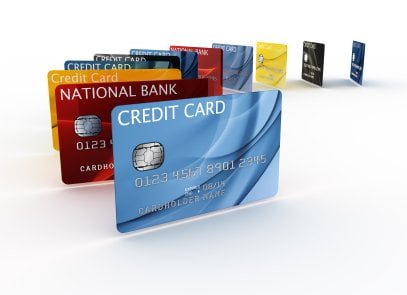Making a late payment on your credit card has always carried a heavy penalty. Most prime credit card issuers will dramatically increase a debtor’s interest rate for one missed payment. The penalty interest rate is typically called the “default rate.” The average default rate for credit card issuers is 27.88 percent, and more than half of credit card issuers have a default rate that is much higher. But after the implementation of the Credit Card Act in February, more debtors may see a shift in credit card issuers policies. Under the Credit Card Act it will be more difficult for issuers to hit borrowers with a default rate when they miss a payment. The Credit Card Act requires lenders to wait a full 60 days before they can hit the debtor with a default rate. In other words, a debtor would need to miss two payments before they would be hit with an increase in their interest rate.
What You Need To Do
This year is bringing a lot of changes to how many credit card companies do business. While the Credit Card Act will offer many new and needed protections for borrowers, credit card companies are quickly adapting. Many are instituting new fees that will replace revenue generated by default interest rates. To avoid fees and default interest rate increases, follow these tips.
- Avoid a late payment. This is very difficult for those experiencing hardship; but a late payment on your credit card could be costly and even worsen your finances.
- Monitor your credit card activity closely so that you don’t go over the limit. Going over your credit card’s limit is easy, especially if you use the credit card regularly.
- Do not bounce checks when paying your credit card (or ever). Even if you “accidently” give a credit card company a bad check they will penalize you heavily, not the mention the fees you will accrue at your bank.
